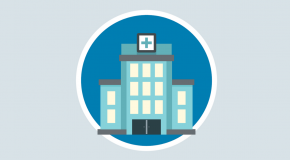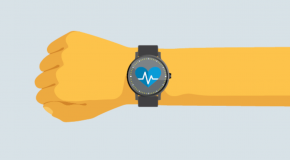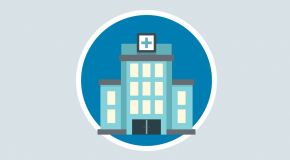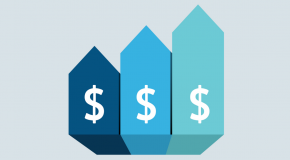Habits of the wealthy and globally mobile can often provide examples of how cutting-edge healthcare technologies integrate into people’s lives, and may serve as the preliminary stage of widespread future adoption. To explore this phenomenon, The Economist Intelligence Unit recently surveyed 480 high-net-worth individuals (HNWIs) across the fast-growing regions of Asia, the Middle East and Africa to study how their current healthcare habits might lead to breakthroughs for society as a whole.
Many of today’s innovations are moving in lock-step to enable this change. Mobile apps, genetic testing and advanced screenings are just some of the new technologies producing biometric data on an unprecedented scale. Big data analytics and artificial intelligence (AI) are leveraging large collections of information to provide more powerful insights that help physicians and patients better target health goals and measure progress. Advancements in precision medicine, immunology and 3D printing are also allowing for more personalised intervention when diseases do arise.
However, when new healthcare technologies go from niche use to broader application, they can find their efficacy and potential challenged by legacy systems, ethical debates and practicality barriers.
What will impede future technologies and propel others, and why? Which of today’s technologies have the greatest potential for impact in the near and far term, how are they being adopted, and how will they ultimately work their way into everyday healthcare?
These are the questions explored in The future of healthcare: preventative, personalised and precise, the third part of a research series on Better Life Breakthroughs, sponsored by Standard Chartered Private Bank.












